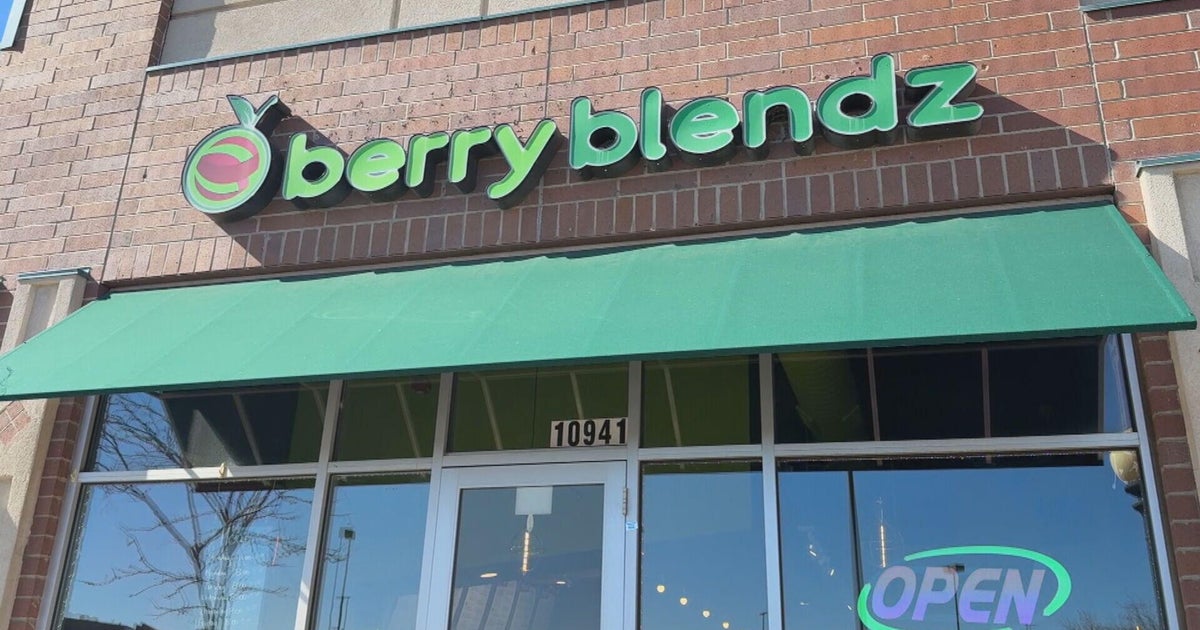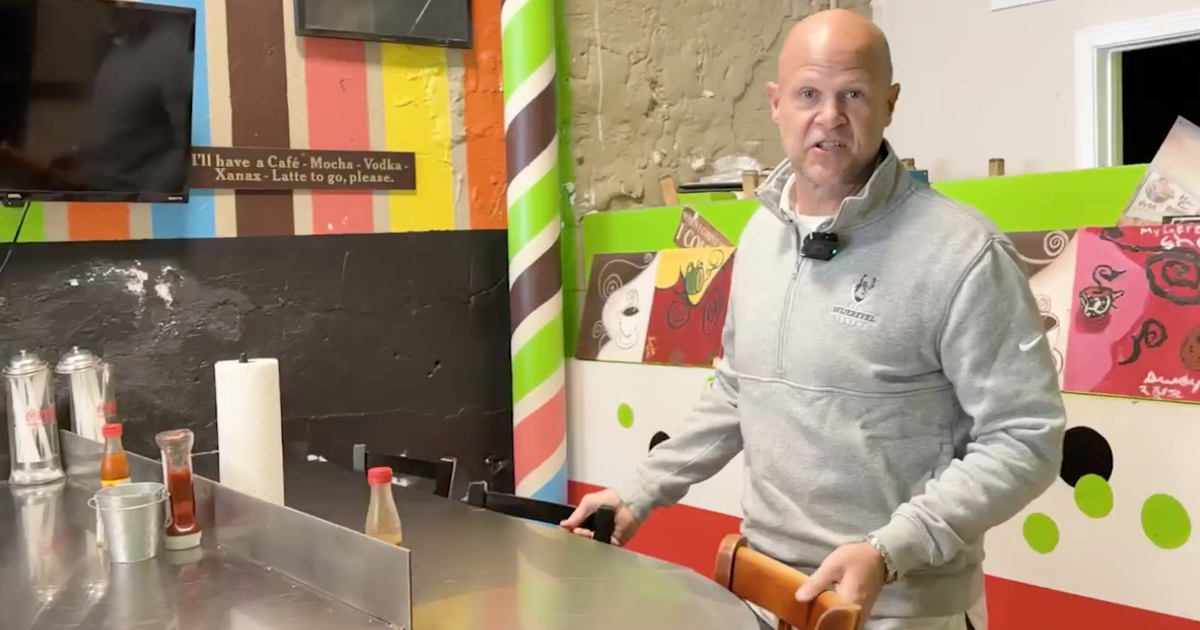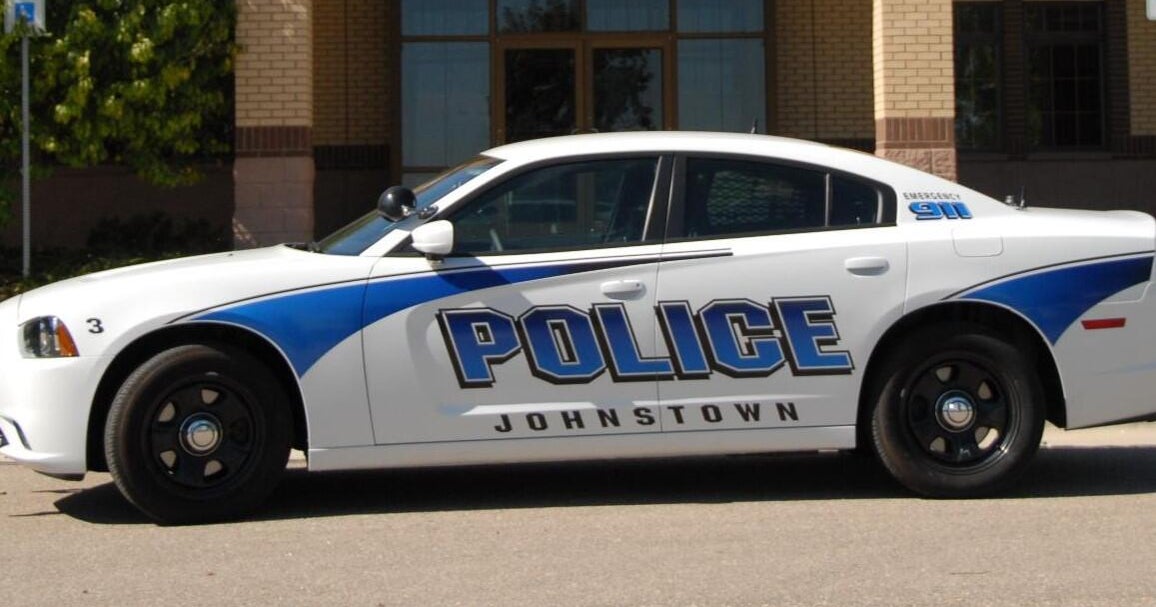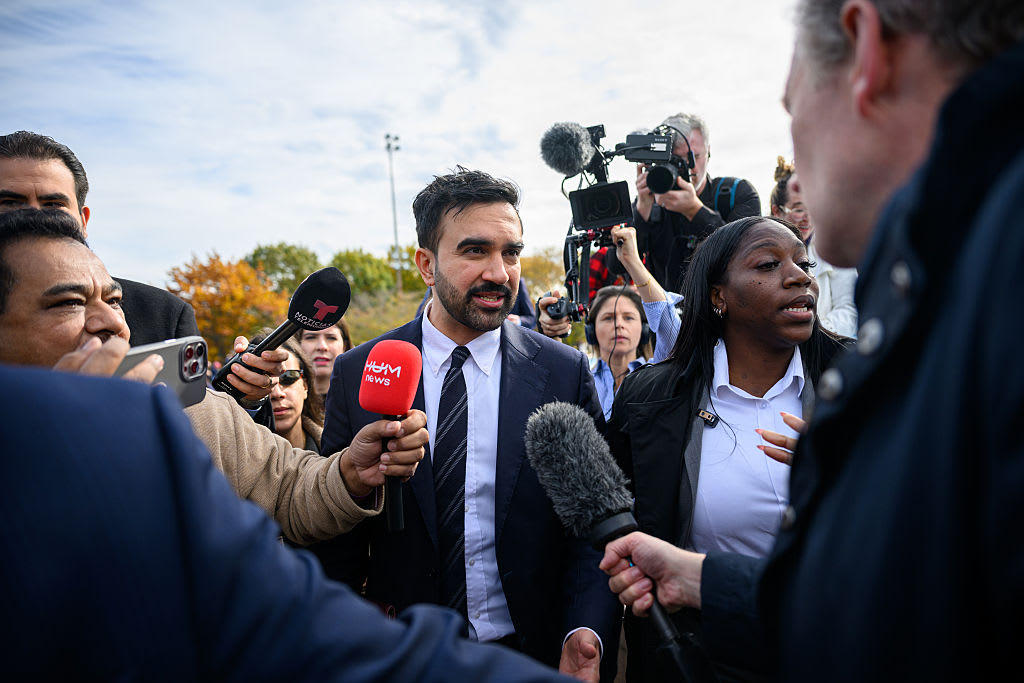Shopping while black: An old problem under new scrutiny
Starbucks, Waffle House, Nordstrom Rack have one thing in common: they all involved incidents of "shopping while black," or where black customers are discriminated against because of their race.
The problem is receiving new attention because of these high-profile incidents, which involved employees calling the police for backup. On Tuesday, Starbucks closed more than 8,000 locations to provide anti-bias training to its employees after a Starbucks manager in Philadelphia called the police on two black men who were waiting for a business associate.
At the same time, black shoppers represent a growing consumer base, spending $1.2 trillion annually in purchases, according to data from Nielsen. About 43 percent of millennials identify themselves as black, Hispanic or Asian, which underscores the growing diversity of American shoppers.
Shopping while black "is an institutional problem, but you also simultaneously have to focus on the implicit biases that people have," said George Schreer, professor of psychology at Manhattanville College, who has studied the shopping while black issue.
In a 2009 research paper, he noted retail workers say they believe the typical shoplifter is a young black man, even though statistics show that the most common type of shoplifter is a white woman.
When retail workers often told to be on the lookout for suspicious shoppers, they "rely on their well-ingrained stereotypes of what looks like suspicious, instead of research that says the better predictor of theft is not race but the behavior of the individual," Schreer said, such as if they are carrying a large bag and walking in and out of the store several times.
Yet these retail employees may not exhibit overt racism. In Schreer's study, he and his co-authors directed black and white shoppers to enter stores with white salesclerks. They then asked the clerks to remove the security tag off expensive sunglasses so they could try them on. While it was small experiment with 33 shopping trials, they found the salespeople didn't make overt discriminatory gestures, such as refusing to remove the security tags.
Instead, the salespeople were more likely to stare at black customers and follow them around the store more than white shoppers. But the clerks may have been surprised if they were confronted with their behavior, he added.
"We're seeing racism rearing its ugly head in people who would identify themselves as non-prejudiced," he said. "It's not the people who are overtly racist who are showing this behavior."
Getting worse?
Some believe the problem may be getting worse, as evidenced by the Starbucks, Waffle House and Nordstrom Rack incidents, which all involved the police. Getting followed, stared at or asked for a receipt isn't an uncommon experience reported among black shoppers, but some stores appear to be "using the police like an attack dog," said Keba Konte, the founder of Red Bay Coffee, an Oakland, California-based coffee company whose staff includes women, people of color and people who had previously been imprisoned.
"There is always a level of anxiety" among black shoppers, Konte said. "I think that, quite frankly, this administration is sympathetic to white supremacy, and there are dog whistles all day long that reinforce that. It's inviting people in the society to really show their racist colors."
The upside, however, is the upswell of support for people like the black men who were arrested at the Philadelphia Starbucks, he said. Cultural hits like "Black Panther" and "Get Out" and the success in business and politics of black Americans is showing that "there's also this black renaissance," he added.
Millennials, the most diverse generation in U.S. history, is the most left-leaning generation today. Businesses today need multicultural strategy to be a growth business, according to Nielsen.
"To be alive today is to go between hope and cynicism in the course of a day," said Heather McGhee, president of left-leaning think tank Demos, who provided pro bono advice to Starbucks about the anti-bias training. On a conference call last week to discuss the training, she said one of her early memories "is being chased out of penny candy store by a white store manager."
She added, "I had a lot of cynicism about how much a corporation would be committed to making meaningful differences after the headlines faded" and was surprised by Starbucks' commitment.
The Starbucks training "is a step in the right direction," Schreer said. "At one level, what motivates people to change is policies. If you have very clear policies, that can help tremendously" with overt racism.
But, he added, implicit bias can be tougher to overcome.



